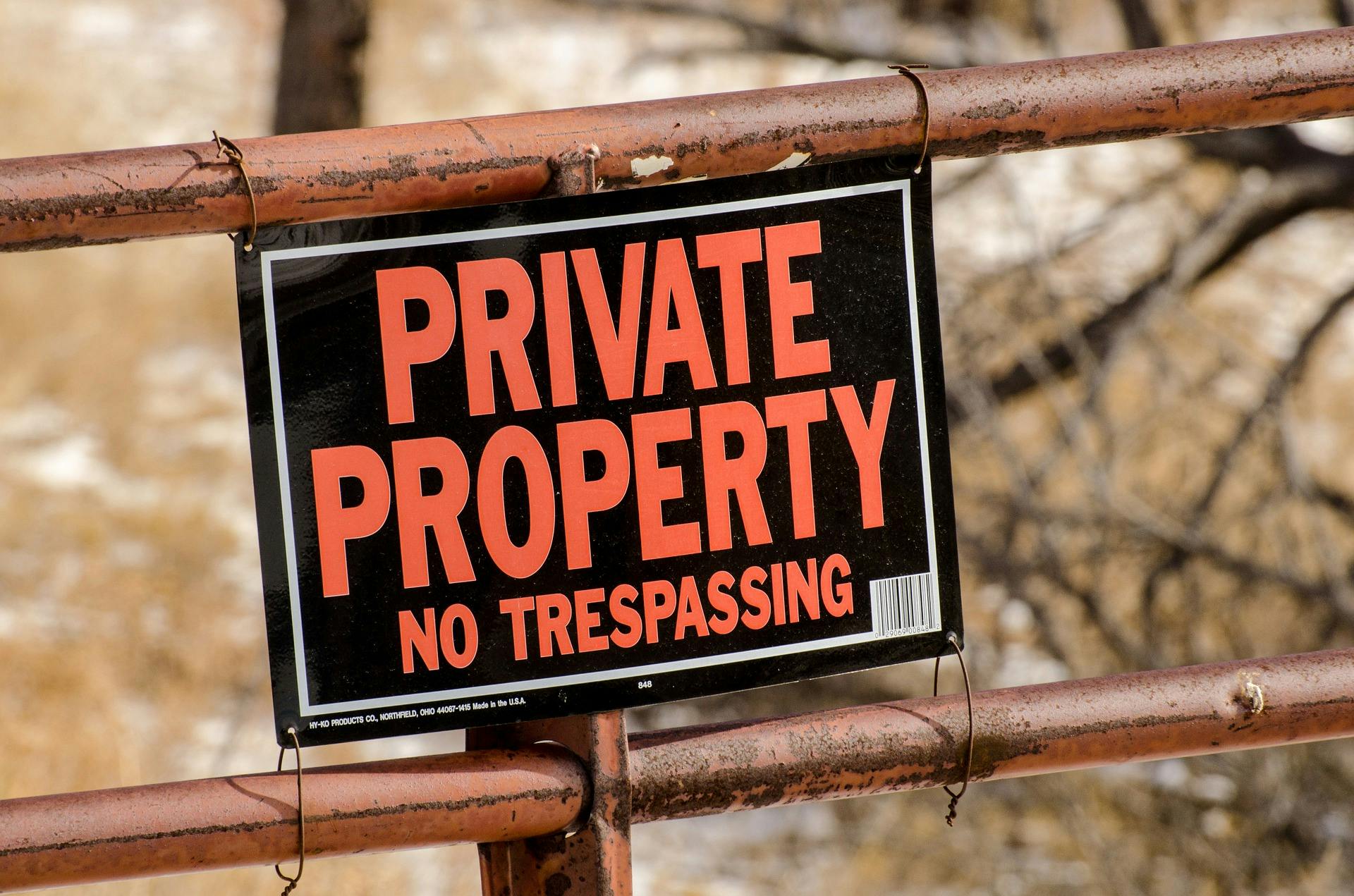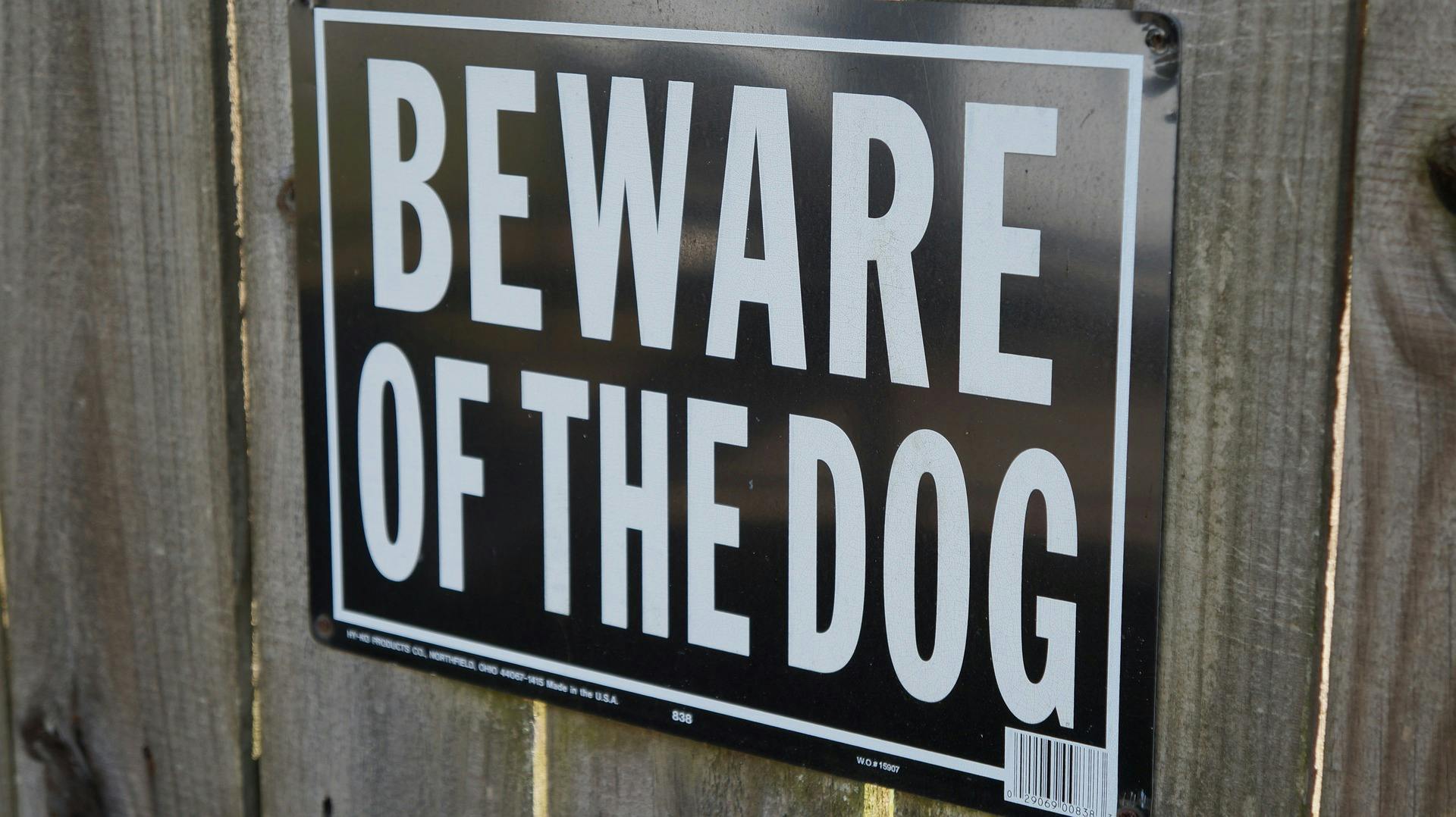Imagine you are visiting a friend’s house and step off the deck — not realizing that there are a few feet between the deck and the ground below — and you end up breaking your ankle. Or perhaps your son was trespassing on someone else’s property and was attacked by an aggressive dog that he didn’t know the owner had because there were no warning signs. It can be hard to stay safe on someone else’s property when they do not maintain it as they should or when they do not bother to warn others about potential dangers.
Premises Liability in a Nutshell

Premises liability means that persons can be held liable if someone is injured on their property, whether you own the property or are a resident leasing or renting it. The law expects persons to make a reasonable effort to keep visitors safe from injury. This includes keeping them safe from dangers such as slips, falls, pool accidents, and animal bites. If a person knows there are dangers on their property, they are responsible for clearly warning visitors about those dangers.
Premises liability also means that persons can be held responsible if someone can prove negligence, inadequate maintenance, or not enough security when it comes to the offender’s property. Persons can also be sued if their property is considered dangerous. And this does not just apply to homes and personal property, but also establishments such as retail stores and restaurants. Note also that trespassers do not have the same rights as people who are guests on the property (invitees). Nonetheless, even trespassers have some rights when it comes to premises liability.
Types of Visitors and Their Legal Status
In general, there are four types of visitors, and the type of visitor you are determines what rights you have:
- Invitees are business guests or customers and are expected to be given the highest degree of safety on the property.
- Social guests are visitors who are welcome on the property and are there for social purposes, not business purposes (sometimes called invited licensees).
- Licensee refers to someone who enters the property either for his or her own purpose or as a guest and is present with the consent of the owner (also called bare licensees).
- Trespassers are those who have no right to be on the property.
Unlike invitees and social guests, trespassers and licensees have no implied promise that reasonable effort has been made to keep the property safe. That means if you fall into either the licensee category or the trespasser category, it is up to you to guarantee your own safety on the property and it may be more difficult to prove liability. While the concept of a trespasser seems fairly obvious, what constitutes a licensee may not be as clear. A good example of a licensee would be door-to-door salespeople who are present for their own business interests.
Major Factors in Determining Liability

When trying to determine who is at fault in an accident, the major factors are:
- How the property is being used (e.g., business or personal purposes)
- The circumstances behind you entering the property (e.g., were you invited, and what was your purpose?)
- The foreseeability of the accident/injury (e.g., falling down because of a broken step is foreseeable, being struck by a falling tree limb on a calm day is not quite as foreseeable)
- Whether the property owner made a reasonable effort to prevent the accident by repairing the danger or warning you of the danger
Your Rights On Someone Else’s Property
If you are injured while trespassing, it may be difficult to assert a liability claim against the property owner. There is one caveat, however: if the owner knew it would be likely that a trespasser would enter their property, the owner has a duty to warn others about conditions that the owner created or maintains (e.g., guard dogs or an electric fence) that could cause serious injury or death.
As a licensee, you can expect the property not to contain aspects that are intended to cause you injury, and can also expect the new owner not to create new dangers without warning while you are present (e.g., quietly releasing an aggressive dog without warning).
As a social guest, the property owner is responsible for warning you of all dangerous conditions they know about, but they are not obligated to inspect the property to check for new dangers. As mentioned earlier, invitees have the most rights when it comes to injury. The property owner owes it to you to warn you of all potentially dangerous conditions and protect you from any and all foreseeable dangers. They are responsible for keeping the property safe for your use and inspecting the property to search for new dangers.
Conclusion
If you are visiting someone else’s property, keep in mind that premises law is what determines who is at fault if you are injured. You are owed the greatest duty of care when you are a customer visiting a business, and the lowest duty of care if you are a trespasser – but remember that you may still have rights. Those rights depend on a number of factors, including your purpose for being on the property as well as how much effort the property owner made to keep visitors safe.
Sacchetta & Baldino
If you or someone you care about has been seriously injured on someone else’s property, you might be due compensation under the law. Sacchetta & Baldino are skilled, experienced trial lawyers who specialize in personal injury cases, including those related to premises law. Our team will aggressively pursue the compensation that you legally have a right to receive. Contact us and speak with one of our lawyers about your personal injury case. You will be glad you did!

